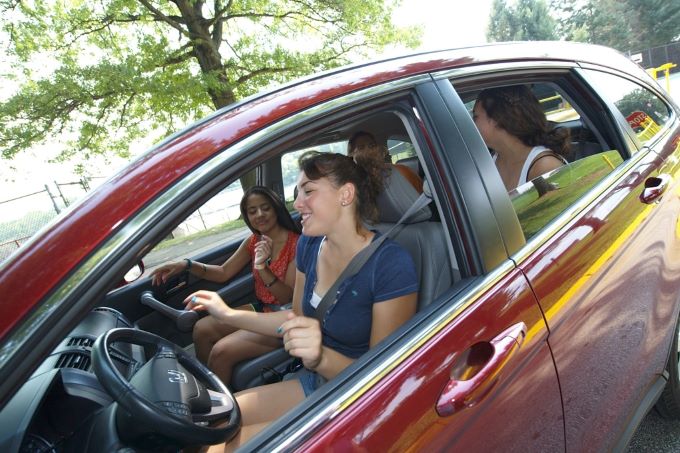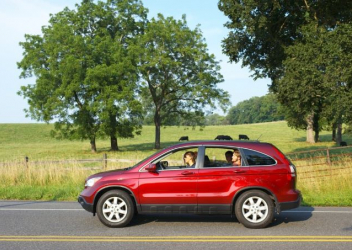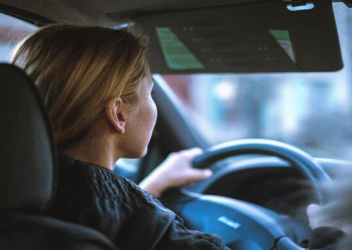Research In Action
Research In Action
Breadcrumb

Several years ago, my colleague Dr. Elizabeth Walshe blogged about the impact of loud music on driving safety. In that post, she discussed several music-related factors that could potentially impact driving performance, including the volume, tempo, and type of music. For instance, in a study of 85 novice drivers, alternative calming music was found to be associated with safer driving behaviors than preferred music. Since then, there continues to be limited research on how music modulates decision-making around driving, but I recently came across a new related study that piqued my interest.
The Impact of Tempo
This study of 32 young adults sought to compare the impact of slow- and fast-tempo background music to silence on reaction time and accuracy during a series of perceptual motor, knowledge, and categorization tasks. A single piece of classical music (with no lyrics) was modified to be either a slow tempo or a fast tempo but was otherwise kept musically intact.
Compared to silence:
- Both the slow and fast music significantly reduced reaction time (i.e. decisions were made more quickly) by nearly 30 milliseconds.
- Both the slow and fast music reduced the odds of a correct response by 11-13%.
- There were no significant differences in reaction time or accuracy between fast and slow tempo music.
- The impact of music on reaction time was consistent across all tasks.
- Changing the music to a mid-tempo speed showed similar effects, as did trials with techno music instead of classical music. Blues music resulted in slightly slower yet still inaccurate decision-making.
Overall, the presence of music, rather than the tempo of music, seemed to be the main driver of differences in reaction time and accuracy in this study. Participants made quicker and less accurate decisions while listening to background music, compared to silence.
Driving and Tempo
Another very small study from 2019 found that listening to music while driving under more stressful situations was associated with increased heart rate variability, a sign interpreted by the researchers to indicate parasympathetic nervous system activity (which counteracts the “fight or flight” response from the sympathetic nervous system).
Oft cited previous research suggests that music within the human heartbeat range (60 to 80 bpm) is associated with less aggressive driving behavior than faster music. The New Zealand Police have even based their curated Spotify playlists on songs matching heartbeat tempos in their Survive the Drive program.
While much remains to be explored when it comes to music and driving safety, one thing is clear: Driving is an incredibly complex task that requires optimal attention and processing. Minimizing distractions is key for all drivers, and especially novice drivers in particular.
Click here for more information on preventing distracted driving in teens.




